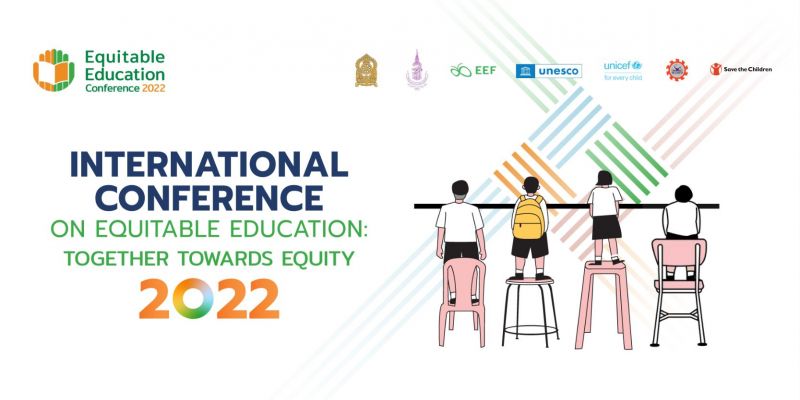Education - About us
As the only United Nations agency with a mandate to cover all aspects of education, UNESCO’s work encompasses educational development from pre-school through to higher education, including technical and vocational education and training, non-formal education and literacy.
During the period 2014–2017, UNESCO‘s actions in the field of education will be strengthened along the following three main lines:
Developing education systems to foster quality lifelong learning opportunities for all
To provide Quality Lifelong Learning opportunities for all learners, at all levels and in all education settings, the UNESCO Bangkok Office conducts a wide range of activities, such as policy analysis and research, knowledge sharing, as well as providing technical assistance and capacity development support to Asia-Pacific Member States, in several areas:
- Working with Member States to develop coherent, efficient and effective Education Sector Policies and Strategies.
- Supporting Member States to provide Quality Education for children and youth, the programme focus of the Bangkok Office. In line with this, we
-
- Work towards scaling up Early Childhood Care and Education (ECCE), which provides the foundation for lifelong learning. UNESCO promotes holistic ECCE from birth to eight years of age.
- Support universal access to Primary Education with special attention to marginalized populations. Secondary Education is also increasingly considered part of basic education in the region. UNESCO Bangkok is studying different countries’ approaches to improving quality of learning, teacher education, and financial sustainability, while addressing the issues of persisting disparities in access and learning.
-
- Promoting Youth and Adult Literacy to address the needs of the many who are still battling illiteracy, such as through Community Learning Centres (CLC).
- Encouraging the improvement of Technical and Vocational Education and Training (TVET) systems, policies and practices in Member States, and supporting skills development for the world of work.
- Supporting strong governance of Higher Education systems and institutions, internationalization of higher education with particular reference to the Asia and Pacific Regional Convention on the Recognition of Higher Education Qualifications and leveraging the potential of open and distance learning (ODL) and open education resources (OER).
- Helping Member States design effective policies and programmes to strengthen Teacher Policies in both formal and non-formal settings, with a focus on enhancing the professional development of teachers.
- Promoting integration of Information and Communication Technologies (ICT) into education to expand learning opportunities and enhance teaching and learning processes. Emphasis is put on preparing the next generation of teachers to use technology effectively in the classroom and on fostering the safe and responsible use of technology.
Empowering learners to be creative and responsible global citizens
To encourage Member States to promote values, attitudes and behaviours that support responsible local and global citizenship, UNESCO Bangkok Office implements the following programmes:
- Education for Sustainable Development (ESD) is a comprehensive concept to build a world where everyone has the opportunity to acquire the knowledge, skills, attitudes and values required for a sustainable future. The ESD programme focuses particularly on tackling critical areas, such as climate change, disaster risk reduction and the preservation of threatened indigenous cultures.
- Global Citizenship Education (GCE) aims to empower learners to engage and assume active roles both locally and globally to face and resolve global challenges and ultimately to become proactive contributors to a more just, peaceful, tolerant, inclusive, secure and sustainable world. One key programme is “Learning to Live Together” (LTLT), a concept that UNESCO Bangkok promotes through the integration of LTLT into Member States’ education policies, curricula, pedagogies and assessments.
- UNESCO Bangkok’s HIV Prevention and Health Promotion initiatives aim to empower young people with the knowledge, skills and values they need to maintain good health throughout their lives. These include:
- Supporting Member States to scale up comprehensive sexuality education;
- Expanding programmes for young people from key populations at higher risk of HIV exposure;
- Preventing and responding to school-based stigma, discrimination and gender- based violence; and
- Establishing and enforcing policies and laws that enable young people’s access to sexual and reproductive health related information and services.
- In a region rich in ethnic and linguistic diversity, UNESCO Bangkok promotes Mother Tongue-Based Multilingual Education to greatly enhance the quality of education, providing minority speakers with an effective bridge to equal participation in society.






